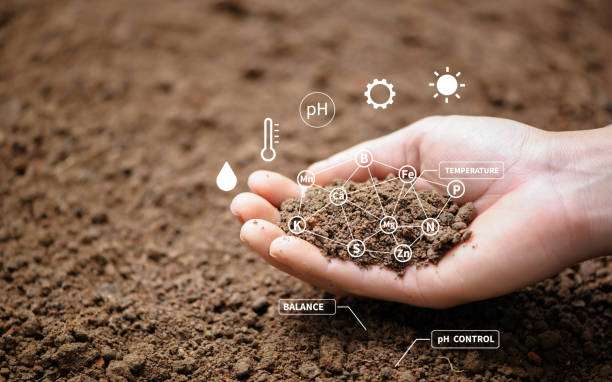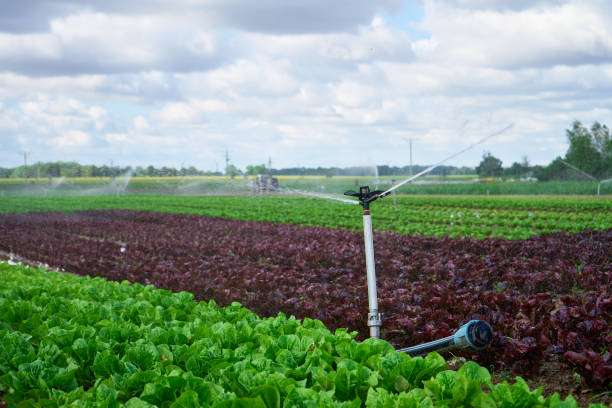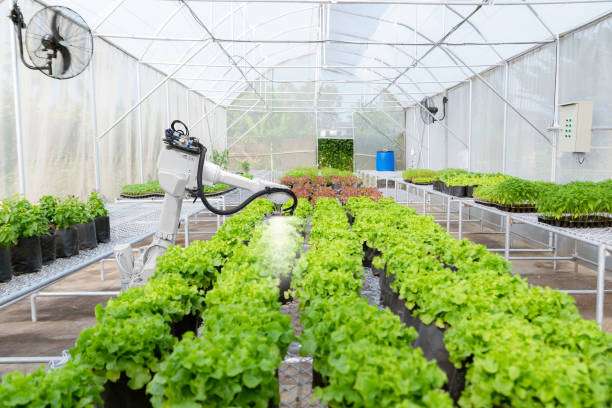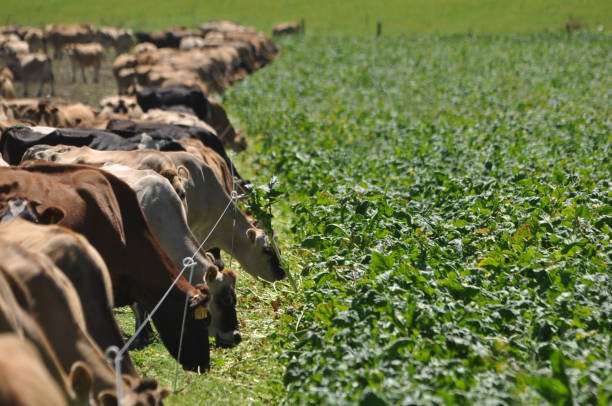Introduction
Sustainable agriculture is a vital method to food production that ambitions to satisfy present needs at the same time as making sure the renovation and conservation of assets for future generations. (Challenges and Potential Solutions of Sustainable Agriculture) It specializes in environmental stewardship, financial viability, and social equity. However, regardless of its importance, SA faces numerous demanding situations that need to be addressed for its successful implementation. This article explores some of the key challenges confronted through SA and gives capacity solutions to triumph over them.
The Challenge of Soil Degradation
Healthy soil is the muse of sustainable agriculture, offering important vitamins and supporting plant increase. However, soil degradation, because of erosion, nutrient depletion, and contamination, poses a widespread undertaking. To cope with this, sustainable agriculture practices must be cognizant of soil conservation techniques such as crop rotation, cover cropping, and natural count number management.

Water Scarcity and Efficient Water Management
Water scarcity is an urgent problem in many areas, and sustainable agriculture has to optimize water utilization to ensure green and responsible irrigation practices. This may be completed through precision farming strategies, drip irrigation structures, and water-saving technologies like rainwater harvesting.

Biodiversity Loss and Ecosystem Preservation
The loss of biodiversity and habitat destruction pose threats to sustainable agriculture. To mitigate these demanding situations, conservation of herbal habitats, advertising of agroforestry, and adoption of integrated pest control (IPM) practices can help maintain biodiversity even as assisting agricultural productiveness.
Climate Change and Resilience in Agriculture
Climate exchange has huge implications for agriculture, which includes unpredictable climate patterns and increased frequency of excessive activities. Sustainable agriculture has to recognize building resilience by imposing climate-clever practices along with agroecology, agroforestry, and climate-resilient crop types.
Balancing Chemical Inputs and Pest Management
Reducing reliance on synthetic chemical substances is a key component of sustainable agriculture. Integrated pest control (IPM), organic control methods, and organic farming practices can assist minimize chemical inputs at the same time as efficiently handling pests and sicknesses.

Transitioning from Conventional to Sustainable Practices
One of the demanding situations in sustainable agriculture is the transition from traditional farming strategies to sustainable practices. Farmers need assistance in phrases of education, access to assets, and economic incentives to undertake sustainable techniques and conquer the initial obstacles to change.
Access to Markets and Fair Prices for Farmers
Small-scale farmers often face demanding situations in having access to markets and receiving truthful fees for their produce. Strengthening local meals systems, selling direct farmer-patron relationships, and setting up fair change practices can help cope with this issue and ensure a more equitable agricultural supply chain.
Building Awareness and Consumer Education
Creating consciousness amongst purchasers about the importance of sustainable agriculture and its benefits is essential. Education campaigns, labelling schemes, and certification packages can empower clients to make knowledgeable picks and assist sustainable farming practices.
Encouraging Collaboration and Partnerships
Collaboration and partnerships between farmers, researchers, authorities agencies, and non-profit agencies are vital for the a hit implementation of sustainable agriculture. These alliances can facilitate understanding, sharing, studies, and the development of progressive answers to cope with challenges together.
Policy Support and Government Initiatives
Policy guides and authorities projects play a vital function in selling sustainable agriculture. Governments can offer incentives, subsidies, and regulatory frameworks that inspire sustainable farming practices, studies, and funding in agricultural infrastructure.
Enhancing Agricultural Research and Innovation
Investment in agricultural research and innovation is important to developing sustainable solutions. Research institutions, universities, and private region collaborations must be conscious of developing technology, practices, and crop types that are environmentally friendly, aid-efficient, and resilient to converting situations.
Integrating Technology in Sustainable Agriculture
Technological improvements, consisting of precision farming, far flung sensing, and records analytics, can enhance the performance and productiveness of SA. Integrating those technologies into farming practices can help optimize resource usage, screen crop health, and improve choice-making.
Sustainable Livestock Production
Livestock manufacturing has a widespread environmental impact. SA should cope with demanding situations related to animal welfare, efficient feed management, waste management, and decreasing greenhouse gasoline emissions associated with livestock farming.

Ensuring Social Equity in Agriculture
Equity and social justice need to be indispensable to SA. Efforts need to be made to deal with problems of land tenure, gender equality, and truthful labour practices to ensure that the blessings of sustainable farming reach all stakeholders and contribute to the proper-being of rural groups.
Scaling Up Sustainable Agriculture Practices
To obtain meaningful effect, SA practices want to be scaled up and carried out on a bigger scale. This requires supportive guidelines, funding in infrastructure, understanding dissemination, and collaboration amongst stakeholders to create a permitting environment for considerable adoption.
Conclusion
SA holds the key to meeting the meals demands of the prevailing and future generations even as safeguarding the environment. However, it faces various challenges that require concerted efforts and innovative answers. By addressing soil degradation, water scarcity, biodiversity loss, weather trade, and different troubles, we can create a extra sustainable and resilient meals machine for a higher destiny
